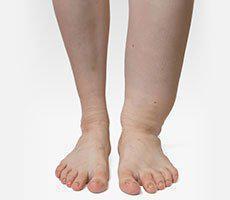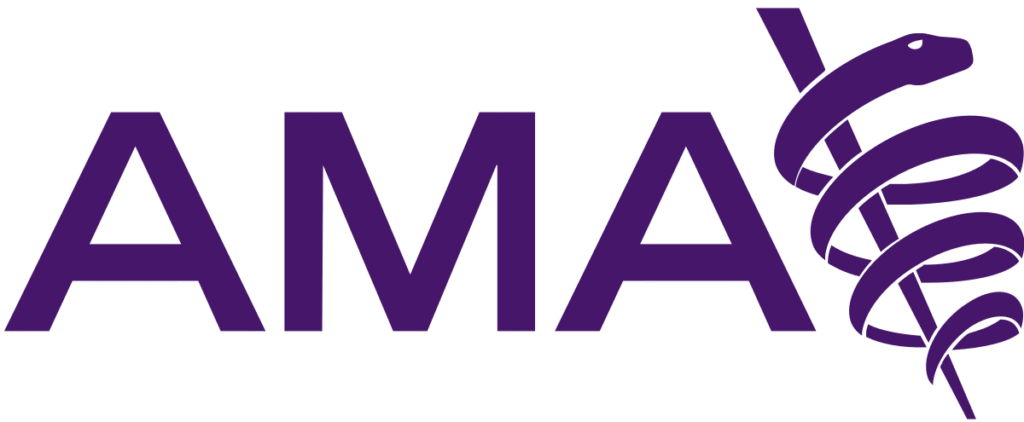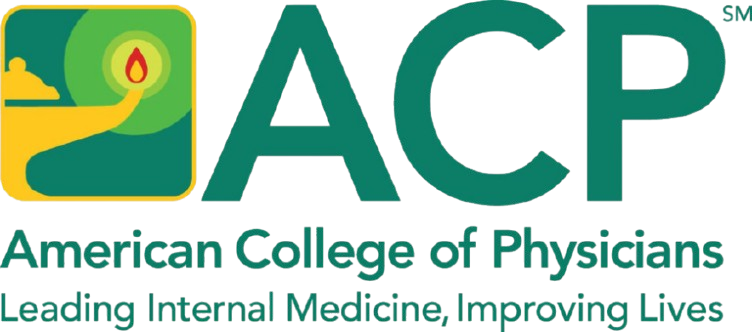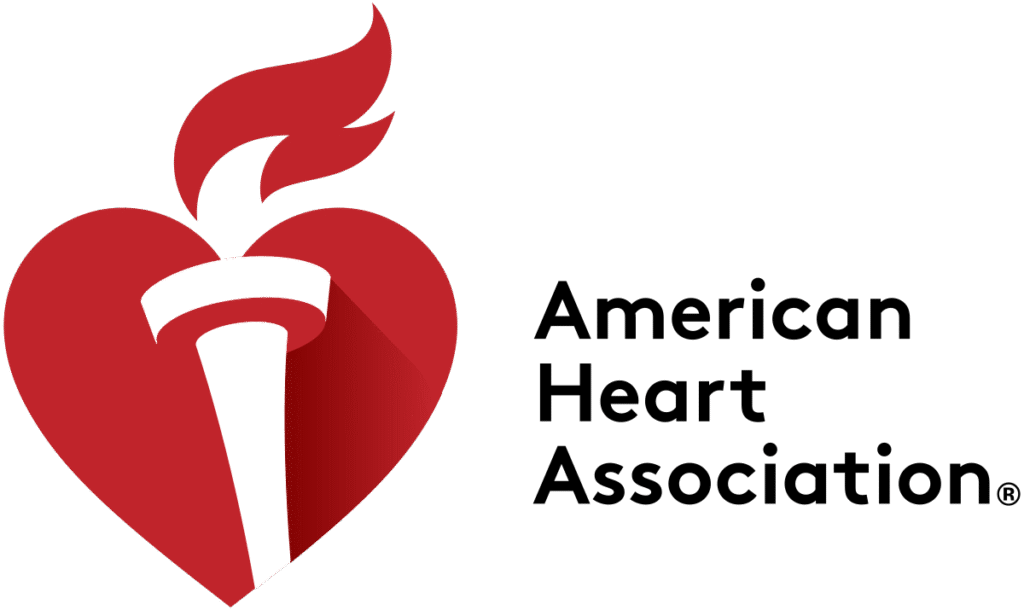Mon – Fri: 9:00 AM – 5:00 PM | Available Saturdays

When you have swollen legs for no reason, you should schedule a diagnostic evaluation at Soffer Health Institute as soon as possible. At the offices in Hollywood and Weston, Florida, experienced cardiologist, Ariel Soffer, MD, FACC, and the medical team offer on-site diagnostic testing to quickly determine the root cause of swollen legs.
This exam is essential for the early detection of underlying health issues, like circulatory disorders and blood clots. Call the Soffer Health Institute office nearest you or request an appointment online today.
Swollen legs can be the result of extra fluid buildup in the tissue of your legs due to underlying health conditions. This type of swelling is known as peripheral edema, which may be the side effect of a circulatory problem or dysfunction in your kidneys.
In addition to injuries, common causes of swollen legs include:
In many cases, swelling in your legs worsens after you walk or stand for long periods of time.
If you have sudden, unexplained swelling in your legs, you should schedule a vein evaluation at Soffer Health Institute as soon as possible. You can also contact them for a telemedicine consultation to determine your next course of action.
You should seek emergency medical treatment if you have swollen legs that go along with chest pain, shortness of breath, or fainting. These symptoms, as well as coughing up blood, can be an indication of a blood clot in your lungs or an underlying heart condition.
To determine the cause of swollen legs, the team at Soffer Health Institute reviews your personal and family medical history and discusses any other symptoms you’re having. They also perform a physical exam.
When more diagnostic testing is necessary, your Soffer Health Institute provider may request imaging tests, like an ultrasound or X-rays. You may also need blood work to identify an underlying infection.
If you have mild swelling in your legs, the team at Soffer Health Institute may recommend elevating your legs and taking a wait-and-see approach to see if swelling worsens.
If you have sudden or serious swelling, you may need to take medications to help your body eliminate fluids more effectively. You may also need medicine to break up clots in your veins to reduce swelling and decrease your risk for more serious complications.
When swollen legs are the result of chronic venous insufficiency, you may need to wear compression socks and take medications to improve your blood flow. Another option is sclerotherapy, which is an injection of a solution that collapses insufficient veins and makes them disappear.
The team at Soffer Health Institute continues to monitor your condition and can recommend lifestyle and dietary changes to prevent additional swelling.
To schedule a diagnostic evaluation for swollen legs, schedule an appointment at Soffer Health Institute by booking online or calling the office nearest you. Please note that during the coronavirus crisis, most televisits are 100% insurance covered with no copays.





